How to Safely Sanitize Your Vehicle
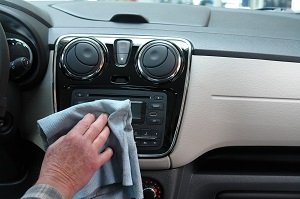
Benefits of a Clean Auto Air Filter
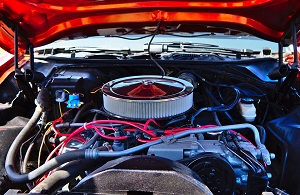
The major benefits of keeping your auto air filter clean are:
Better Fuel Economy &mda ...[more]
Auto Repair Jargon You Should Know
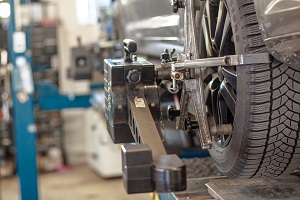
- Aftermarket – This term applies to parts which are not made by the original manufacturer. The best aftermarket parts will meet or exceed the quality of the original parts in your vehicle.
- Hesitation – “Hesitation” refers to the lack of response which occurs when you first accele ...[more]
Back to School Checklist
What to do When Your Car Overheats

Top Performance Upgrades
Let's talk about automotive performance. This term means a lot of things to a lot of people... from better handling, more speed, more off-road or track capability or even better fuel economy. For the purposes of this list, performance means one thing; getting where you are going sooner. Consider the following top pick performance upgrades if you want to put more power to the ground:
- Cold-air Intake - Factory air boxes are restrictive and are usually more about packaging under the hood than feeding your engine much-needed air. A less restrictive intake is an instant power adder.
- Bigger Throttle-body - The intake feeds the throttle body, the modern equivalent of the carburetor. The more air and fuel you can stuff into the e ...[more]
What Happened to My Fuel Economy?
You notice that suddenly your vehicle seems to be getting worse gas mileage than it did awhile back. Why? What happened?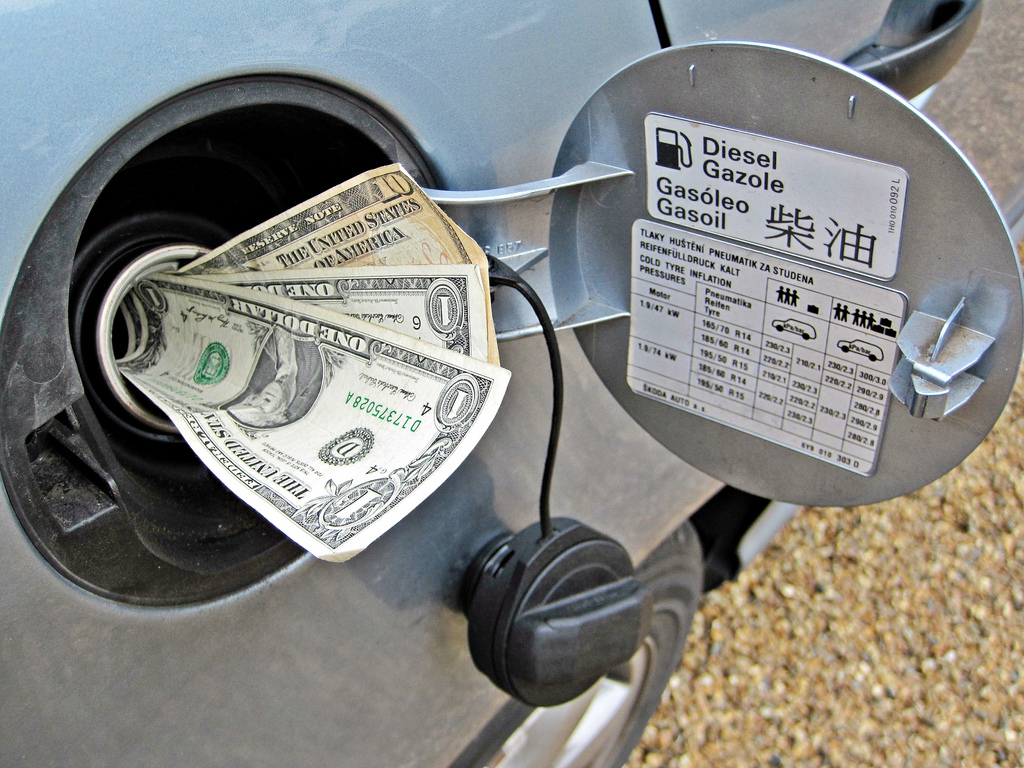
Like with most things on your vehicle, there can be numerous problems at the root of poor fuel economy. Let’s start with the simple ones and work our way to the more complicated issues:
Tires: This one’s easy. Underinflated tires mean more rolling resistance (think about riding a bike with a low tire), and more rolling resistance means poorer fuel economy. Check your tire inflation at least once a month, while the tires are cold, using a good quality tire gauge. Even a pound or two of underinflation can be enough to cause problems!
Air filter: The air filter is made of pleated paper or fabric elements which pre ...[more]
How To Maintain A New Car
So you got a new set of wheels – congratulations! You’re going to want to hang onto it as long as possible, so you’ll want to keep it maintained as well as you  can. Here are some suggestions:
can. Here are some suggestions:
First, read the owner’s manual carefully and stick to manufacturer’s recommendations for service intervals. There are certain things that are critical enough that failure to adhere to recommendations can void a new car warranty. Don’t let that happen!
For instance, just about every manufacturer recommends synthetic oil for their engines; it provides better protection in just about every respect, and it’s more stable at high and low temperatures. If your owner’s manual prescribes a 10,000-mile oil change, stick with that and be sure to use the bra ...[more]
Spark Plugs – How Often Should They Be Replaced?
In the old days, a tune-up was necessary about every 35,000 miles. It would usually consist of setting the ignition timing, replacing the mechanical breaker points in the ignition, cleaning and adjusting the carburetor and replacing the plug wires and spark plugs. Today, of course, the carburetor’s job is done by fuel injection and the ignition timing and spark are controlled by the engine computer. Few vehicles still have plug wires anymore either, as the distributor was replaced by the computer and a coil-on-plug design which delivers a spark at each spark plug.
But what about the spark plugs themselves, though? How often do they need to be replaced now?
Manufacturers tout an 80k-100k mile service interval on spark plugs now, thanks in part to improvements in plug design and materials. That might be stretching it, however. Remember that if you have a 100,000-mile spark plug, its electrode is worn down 4/5 of the way at 80,000 miles. A worn ...[more]
Things To Look For When Buying a Used Car
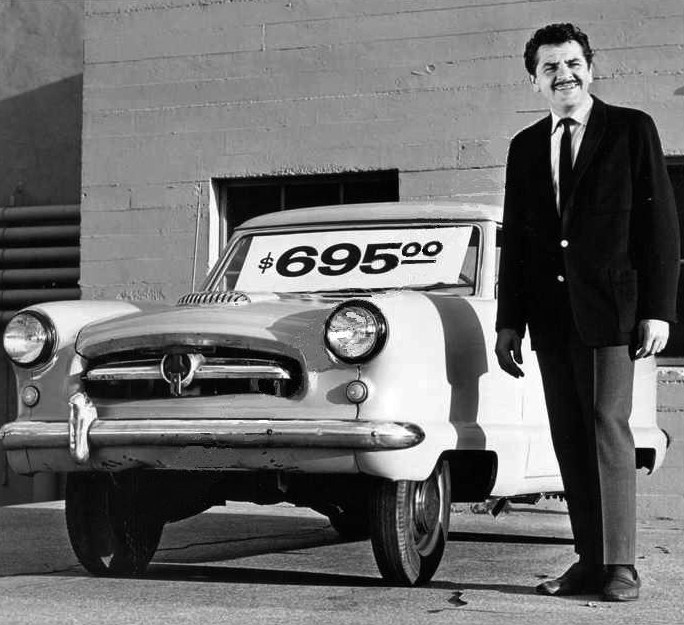 technician can use onboard diagnostics to get a good picture of what's going on under the hood and what problems might be coming up.
technician can use onboard diagnostics to get a good picture of what's going on under the hood and what problems might be coming up. | 123 | Next >> |



